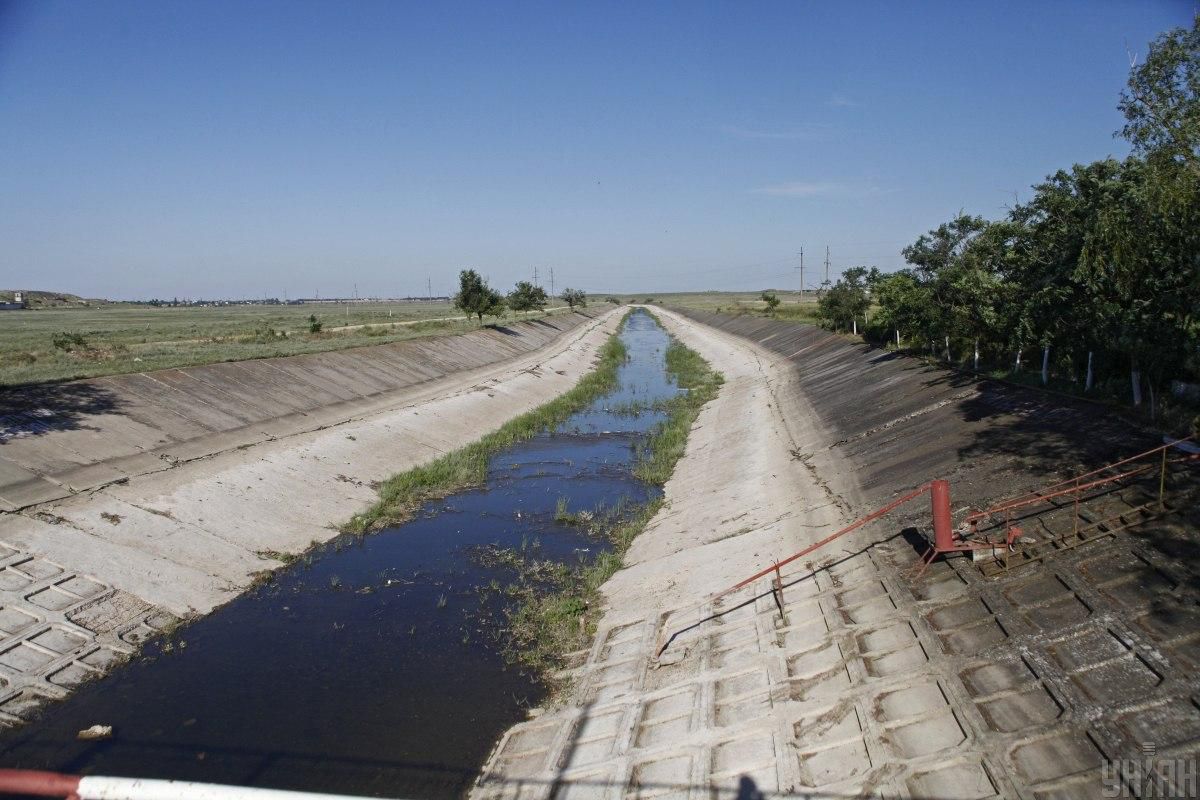In its announcement made on Monday, June 29, the Council of Europe substantiated this step by a lack of progress in the settlement of an armed conflict in eastern Ukraine and reaching peace in that area. The relevant decision was made at a recent summit of the European Union.
The sanctions are targeted at the finance, energy and defense sectors of the Russian economy as well as at dual-use goods.
Initially, European Union sanctions were introduced on July 31, 2014, for the term of one year. Intended to forestall Russia’s actions to destabilize the political situation in Ukraine, they were then toughened in September of the same year.
According to the current sanctions, access is restrict to Russia’s five large mostly State-owned financial institutions as well as three big energy and defense companies to the European markets of the primary and secondary capital. An embargo is placed on arms sales and duel-use goods export for military purposes. Also, access is restricted to certain technologies and services that can be used by Russia for the output and processing of crude oil.
In the estimation of Western experts, the losses of the Russian economy from European sanctions stand at hundreds of billions of euros.
Deputy Foreign Minister of Ukraine Vasiliy Bodnar believes that Russia can attempt the direct invasion of Ukraine during the “Caucasus’2020” military exercises that are due to be held this September.
In his words, there’s danger that the Russian military trainings may turn into a military offensive “in the nearest future”. For instance, Ukrainian intelligence reports say that combat operations are intensified in Donbas and there’s forces buildup along the Russian border with Ukraine and in the Crimean peninsula.
Bodnar claims that similar concerns are shared by NATO officials and quite a few military experts and analysts. He points to the problem with fresh water supplies to the Crimean peninsula as a possible cause of an attack on Ukraine.
“Russia will not stop at using military force in order to achieve her political and economic goals”, he stressed.
Referring to various sources, including those of Russia, political analyst Volodymyr Fesenko says that Russian military may launch an operation under one pretext or another in order to provoke a conflict and in such a way to aggravate the domestic situation in Ukraine. “The problem with water supplies to Crimea has worsened. And it may be used as an excuse to start a military operation in the Kherson Region in order to resume water supplies from the Dnipro River to Crimea”, argues Fesenko.
Taking into account all these circumstances, the United States that regards Russia as a serious threat confirms once again its resoluteness to support the sovereignty and territorial integrity of Ukraine.
The Embassy of the United States in Ukraine congratulated Ukraine on the Constitution Day in its page in Facebook. “…The United States remains steadfast in our support for Ukraine’s sovereignty and territorial integrity, secure within its internationally recognized borders and territorial waters. We are equally committed to Ukraine’s freedom to pursue the Euro-Atlantic trajectory the people of Ukraine have demanded”, wrote American diplomats.
The news has come that the House of Representatives of U.S. Congress has drafted the military budget bill for the fiscal year of 2021 which provides for the allocation of 250 million dollars for Ukraine’s defense. Under the bill, fifty million of this sum can be spent on purchasing lethal weapons. Besides, the financing will be banned of all types of activities that recognize the sovereignty of the Russian Federation over the Crimean peninsula.
In the photo: following the annexation by Russia, the present-day Crimea faces a very serious problem with fresh water supplies.
The newspaper Holos Ukrainy








